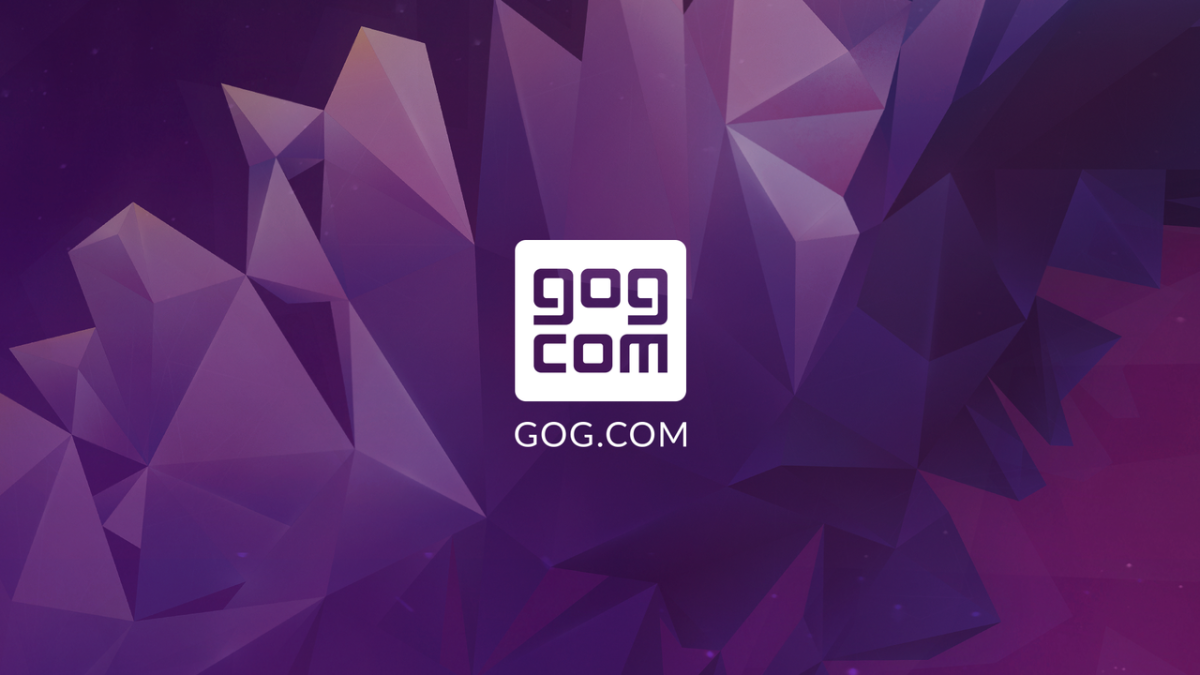Following the report of layoffs from yesterday, GOG has just announced that their Fair Price Package program will be discontinued by March 31. The program was first introduced in March 2014, as a way to offer customers store credit to make up for higher regional prices set by some publishers. GOG's statement clarifies the reasons for the termination of the program.
We came up with Fair Price Package (FPP) as a way to make up the price difference between various countries. Some games on GOG.COM have regional pricing, meaning the price of the same game in one place can be higher compared to its price in North America. In countries where the game is more expensive, we give users the equivalent of the price difference in GOG Wallet funds. In actual numbers, on average, we give users back 12% of the game price from our own pocket. In some cases, this number can reach as high as 37%.This confirms the report on the layoffs as evidence that GOG is having financial issues. The mention of "increasing share paid to developers" seems to be connected with the current shift in developer revenue shares first introduced by the Epic Store with a 12% stake, and later by Discord as they upped the ante to 10%. Up until recently, GOG followed the 30% revenue share that was also the market standard followed by Steam.In the past, we were able to cover these extra costs from our cut and still turn a small profit. Unfortunately, this is not the case anymore. With an increasing share paid to developers, our cut gets smaller. However, we look at it, at the end of the day we are a store and need to make sure we sell games without a loss.
Removing FPP is not a decision we make lightly, but by making this change, we will be able to offer better conditions to game creators, which — in turn — will allow us to offer you more curated back-cat games and new releases. All DRM-free.
GOG also emphasized that even after March 31 the funds that customers receive from the program will keep the 12 months expiration date, counting from the moment the funds are granted.
We reached out to GOG for more information regarding the increasing share and will update the article as more information becomes available.
Quick Take
It's also worth noting that GOG seems to be moving even further away from its original mission of preservation of gaming classics, and focusing on "more curated back-cat games and new releases." Since many publishers have recently released their catalogs on Steam, even GOG's original niche is now facing competition. Companies such as Interplay leverage their back catalogues individually and in bundles for sales, while other companies buy up rights from various publishers for sale and use them similarly. There will also be new challenges ahead as the PC gaming digital distribution landscape becomes quite unpredictable. Big corporations such as Valve and Epic probably don't have much to worry about in terms of paying the bills, but a smaller platform such as GOG might find itself struggling more in the future.What do you think of the general state of GOG? Is it still possible to retain a DRM-free stance in the current digital distribution landscape? Let us know in the comments below.







